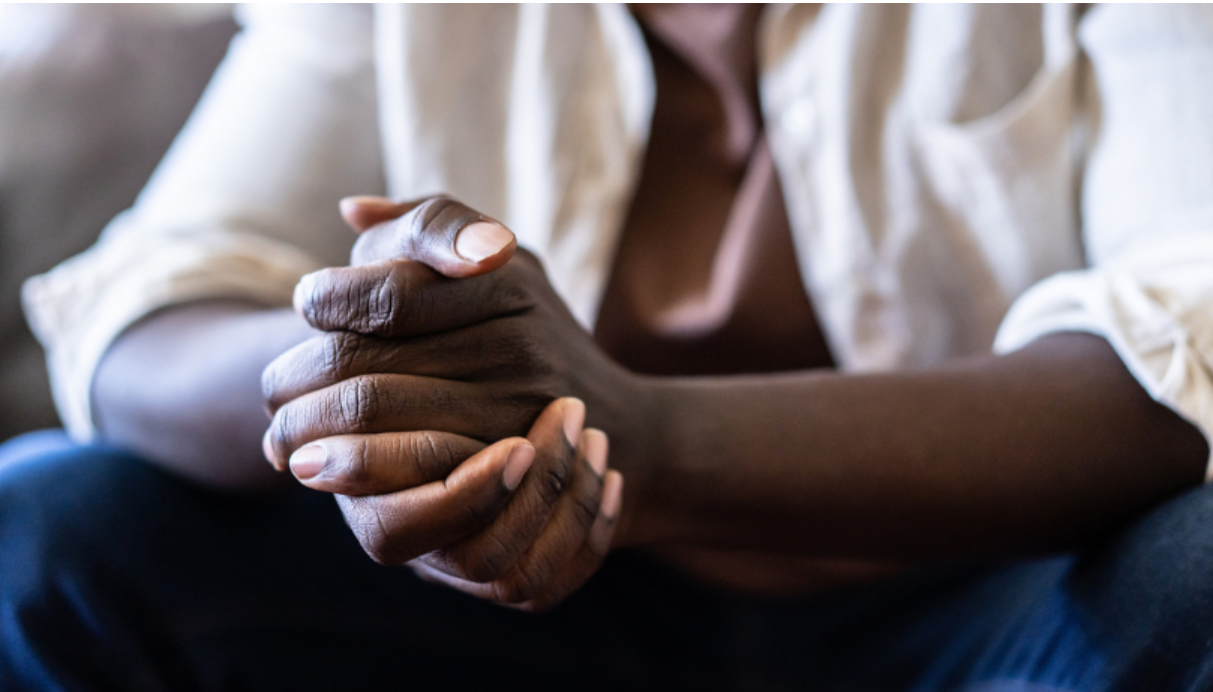on
by Ebony JJ Curry
The Centers for Disease Control and Prevention (CDC) reported on Thursday that 49,449 Americans died by suicide in 2022. The figure represents a 2.6 percent increase from the 48,183 suicides recorded in 2021, marking the highest tally ever documented, based on the CDC’s preliminary data.
Notably, adults aged 65 and older witnessed the most significant uptick in suicides, which surged by 8.1 percent compared to the previous year. Following closely, the age group of 45 to 64 experienced a 6.6 percent rise. Those between 25 and 44 years reported a more modest increase of 0.7 percent.
Examining gender and ethnicity, both men and women experienced growth rates in suicide — 2.3 percent and 2.8 percent respectively. Among racial and ethnic groups, Native Hawaiian and other Pacific Islanders recorded the steepest increase at 15.9 percent for 2022. The multiracial demographic followed with an increase of 21 percent. However, there was no recorded rise among American Indian and Alaska Native individuals.
In a more reassuring development, suicides among individuals aged 18 to 34, which includes teenagers, and young adults, declined by 8.4 percent, as indicated in the report.
Highlighting a broader trend, the CDC noted that suicide numbers have generally been on the rise since 2006, albeit with exceptions in 2019 and 2020. Dr. Debra Houry, the CDC’s chief medical officer, emphasized the urgency of addressing this growing public health crisis. “The troubling increase in suicides requires immediate action across our society,” she said in a press release.
According to data from the Suicide Prevention Resource Center, young Black men are particularly vulnerable, with a suicide rate more than triple that of Black women.
Black Americans: A Deeper Dive While the overall statistics are concerning, they become even more so when viewed through the lens of race. The Black community, especially, has seen worrying trends. Young Black men have a suicide rate over three times higher than Black women. Even more distressingly, the suicide rate for Black children between the ages of 10 and 19 has surged 60% in just two decades, outpacing any other racial or ethnic group.
Several factors can account for these concerning numbers:
- Mental Health Stigma: Within the Black community, there has historically been a significant stigma associated with discussing mental health issues or seeking therapy. This can result in many individuals not receiving the help they require.
- Access to Mental Health Services: Economic disparities often make accessing quality mental health care difficult. Many Black Americans may be unaware of available services or may not have the necessary insurance or funds for treatment. This economic barrier can be especially pronounced in areas like Detroit with its unique economic challenges.
- Cultural Understanding: A lack of cultural competence among mental health professionals can dissuade Black individuals from seeking help. Professionals who are unfamiliar or insensitive to the specific experiences and challenges faced by Black Americans may not provide the most effective care.
- Systemic Issues: Broader systemic challenges, including racial discrimination and generational trauma, can also contribute to the elevated rates of mental health issues and suicides among Black Americans.
It’s essential to recognize these nuances and provide support tailored to the unique challenges faced by different communities. The CDC recommends that anyone in crisis or those concerned about a loved one should contact the 988 Suicide & Crisis lifeline, which offers free, confidential support 24/7.
Addressing the growing concern of suicides in the U.S., and particularly within the Black community, requires a multi-pronged approach. Efforts must focus on improving access to mental health services, enhancing cultural competence among professionals, and reducing the stigma associated with seeking help.
Join our email list to stay connected.






